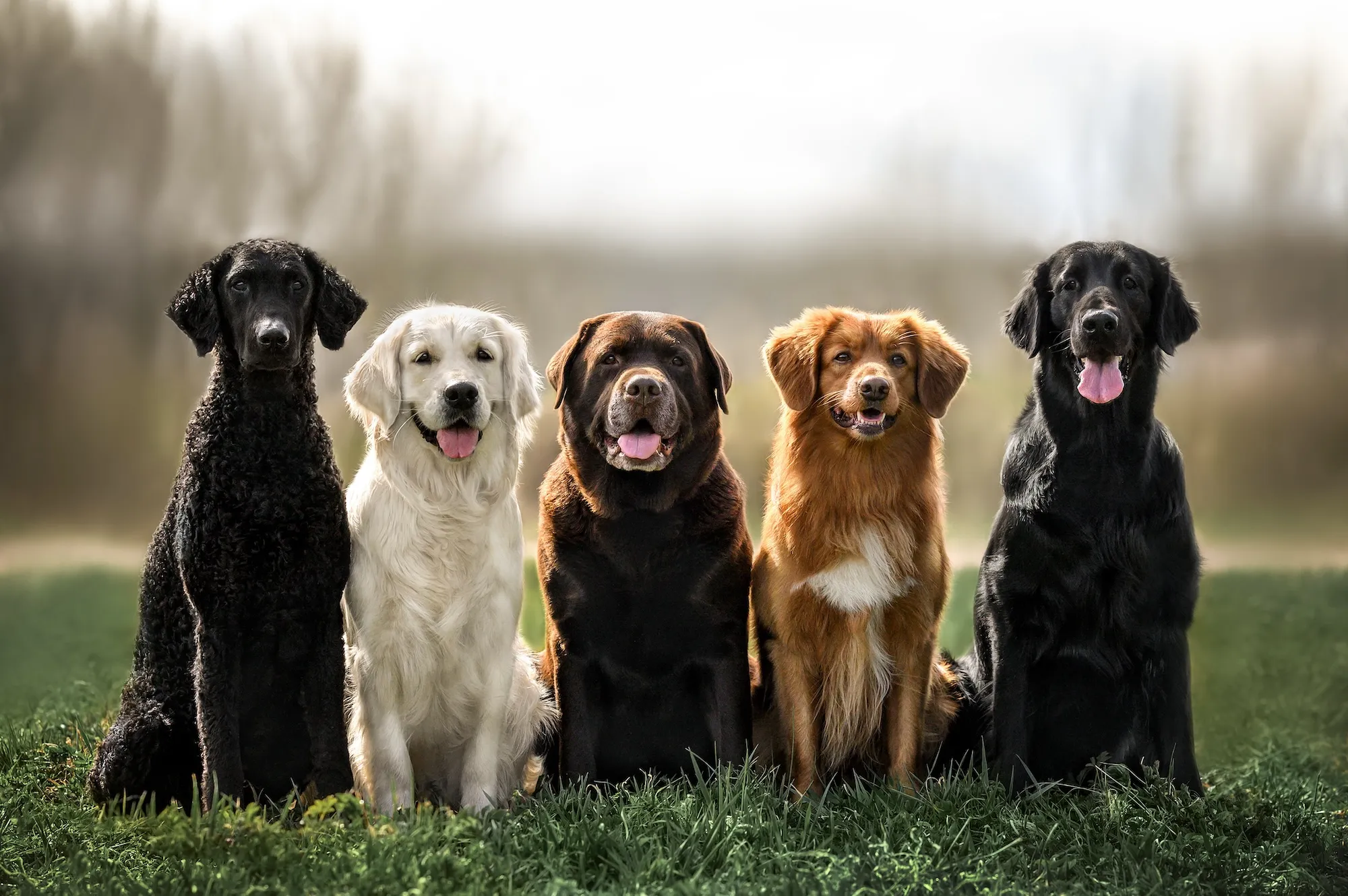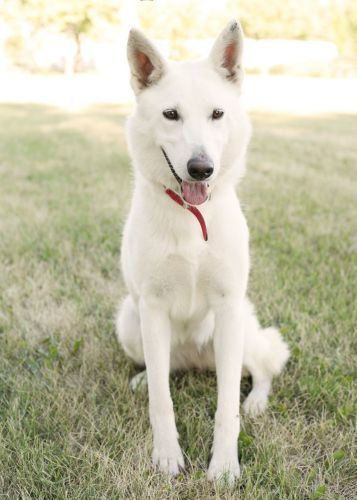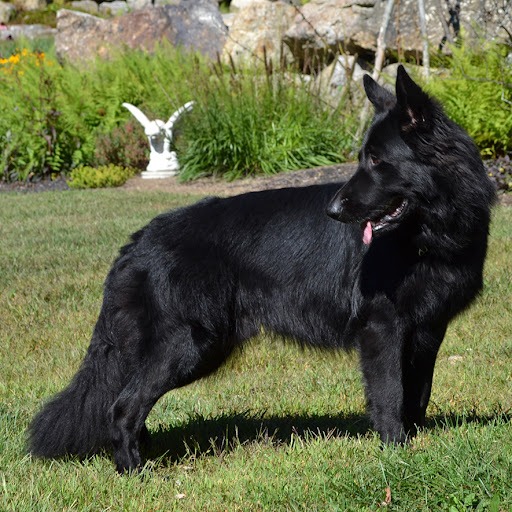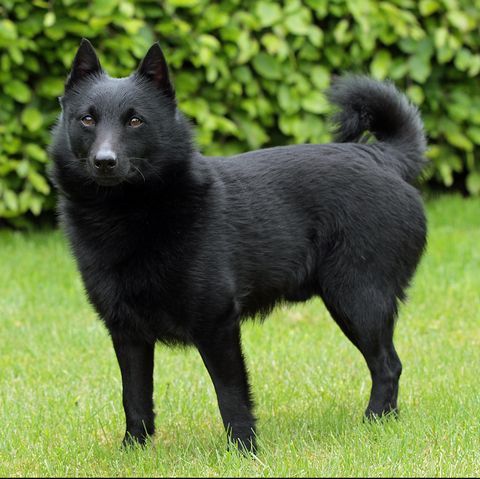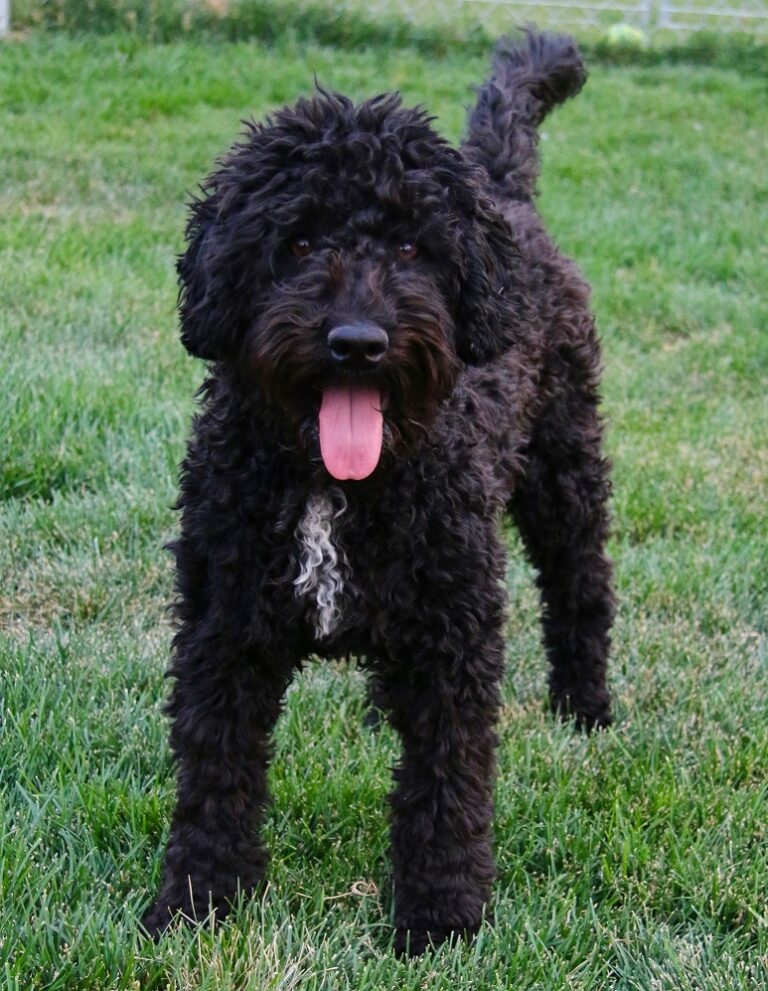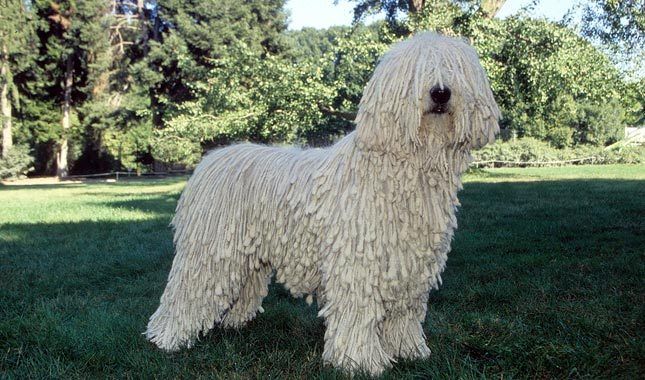Pointer dog breeds are among the most skilled and versatile dogs. They are famous for their exceptional hunting abilities and loyal companionship. This guide will explore the most popular pointer breeds, their unique characteristics, and how to care for them.
What Are Pointer Dog Breeds?
Pointer dog breeds are a group of dogs known for their impressive hunting skills. They are trained to point out game birds to hunters. This pointing behavior is a key feature of all pointer breeds. These dogs are recognized for their speed, agility, and strong sense of smell. They make great companions and working dogs.
The History of Hunting Dogs
Ancient Origins
Hunting dogs have a deep and ancient history. They date back thousands of years to civilizations like Egypt, Mesopotamia, and China. In these early societies, dogs were valued for their hunting abilities. They were bred for specific tasks, showing how humans have long appreciated these dogs’ skills. Ancient art and literature often depicted hunting dogs as noble companions and skilled hunters.
Evolution and Development
Over time, hunting dogs evolved into a variety of breeds with distinct traits. Natural selection and human intervention played major roles in this process. Selective breeding refined their hunting instincts, stamina, speed, and sense of smell. This development helped shape the physical and behavioral traits of today’s hunting dogs. Each breed was developed to excel in different hunting scenarios.
Role in Different Cultures
Hunting dogs have been integral to various cultures throughout history. In ancient Egypt, dogs were revered and seen as symbols of loyalty. Medieval Europe used hunting dogs for noble pastimes, breeding them for specific types of game. In the Far East, hunting dogs were admired for their skills in hunting large game like boars and bears. Across cultures, these dogs have been more than just hunting partners—they have been family members and symbols of valor.
Characteristics of Hunting Dogs
Physical Attributes
Hunting dogs have physical traits that make them excellent for their roles. They typically have strong, muscular builds that enable them to endure long hunts. These dogs have keen senses, including excellent eyesight, hearing, and a strong sense of smell. These attributes help them detect and track game effectively. Their athletic builds also help them navigate challenging terrains and conditions.
Instincts and Abilities
Hunting dogs are born with natural instincts and abilities. They have a deep drive to chase and retrieve prey. This instinct is honed through generations of selective breeding. Their speed, agility, and swimming ability make them versatile in various hunting scenarios. These traits are essential for tracking and retrieving game in different environments.
Temperament and Trainability
Hunting dogs are known for their energetic and driven nature. They have a strong desire to work alongside their human companions. This focus and determination make them effective hunting partners. They are also loyal and adaptable, which makes them trainable and reliable. Consistent, positive reinforcement methods work best for training these dogs.
Popular Breeds of Hunting Dogs
Labrador Retriever
Appearance: The Labrador Retriever is a highly popular hunting dog breed. Known for their friendly nature and exceptional retrieving skills, Labradors have webbed paws and a water-resistant coat. Their strong, muscular build supports their work in both land and water retrieves.
Temperament: Labradors are intelligent, friendly, and eager to please. They are great for both novice and experienced hunters. Their gentle temperament makes them excellent family pets as well.
Care Needs: Labradors require regular exercise and mental stimulation. Their coat is low-maintenance, but they do need a balanced diet and regular vet check-ups to stay healthy.
German Shorthaired Pointer
Appearance: The German Shorthaired Pointer is a versatile hunting dog. They have a sleek, muscular build and a short, dense coat. Their colors can include liver, black, or roan.
Temperament: This breed is known for its athleticism and endurance. German Shorthaired Pointers are friendly and intelligent. They excel in various terrains and are both great hunting dogs and family companions.
Care Needs: German Shorthaired Pointers need regular physical exercise and mental challenges. Their coat requires minimal grooming, but they do need consistent training and vet care.
English Springer Spaniel
Appearance: The English Springer Spaniel is known for its boundless energy and agility. They have a medium-sized build and a distinctive coat that comes in various colors.
Temperament: English Springer Spaniels are energetic, agile, and excellent at flushing out game from dense cover. They are also loyal and affectionate companions.
Care Needs: Regular grooming is needed to manage their long coat. They require daily exercise and mental stimulation. Regular vet visits and a balanced diet are important for their health.
Training and Care for Hunting Dogs
Basic Training Techniques
Training hunting dogs starts with basic obedience skills. These skills form the foundation for advanced hunting training. Here are some basic training techniques to consider:
- Socialization: Expose your dog to different environments, people, and animals early on. This builds confidence and adaptability.
- Obedience Commands: Teach basic commands like sit, stay, and come. These commands ensure control and safety during hunts.
- Leash Training: Introduce your dog to the leash with positive reinforcement. This helps them become comfortable walking on a leash.
- Positive Reinforcement: Use treats, praise, or play as rewards. This encourages good behavior and motivates your dog to learn.
Exercise and Mental Stimulation
Hunting dogs need regular exercise and mental challenges. These activities keep them fit and mentally sharp.
- Physical Exercise: Engage your dog in activities like walks, runs, and playtime. This helps burn off excess energy and maintain fitness.
- Mental Stimulation: Use puzzle toys, scent games, and interactive activities. These keep your dog’s mind engaged and prevent boredom.
- Retrieve Training: Practice retrieving with dummies or toys. This reinforces natural instincts and prepares them for real hunts.
Nutrition and Health Care
Proper nutrition and health care are essential for a hunting dog’s performance and well-being.
- Balanced Diet: Feed your dog high-quality food designed for active dogs. This ensures they get the protein and fat they need.
- Hydration: Provide fresh water at all times. Proper hydration is crucial, especially during training and hunting.
- Regular Vet Check-ups: Schedule vet visits for vaccinations, parasite prevention, and health checks. This helps manage any potential issues.
- Joint and Muscle Care: Consider joint supplements to support their health. This helps prevent issues like arthritis.
Hunting Dog Competitions and Sports
Field Trials
Field trials are competitive events that test hunting dogs’ skills. They simulate real hunting scenarios to evaluate instincts, obedience, and performance. Dogs are judged on their ability to locate and point game and handle birds. These trials offer a platform for showcasing skills and improving breeds.
Hunt Tests
Hunt tests assess a dog’s training and hunting suitability. These tests involve exercises like retrieving, marking, and obedience. They offer a chance to measure progress and connect with other hunting enthusiasts.
Retrieving Trials
Retrieving trials focus on a dog’s retrieving skills. They test marking ability, memory, and obedience in land and water retrieves. These trials are great for showing off a dog’s skills and evaluating breeding potential.
The Noble Heritage of Pointers
The noble heritage of Pointers reflects their exceptional skills and loyalty. From ancient civilizations to modern hunts, Pointers have been invaluable companions. Their ability to track, retrieve, and assist in hunts highlights their historical importance. Each Pointer breed, from the German Shorthaired Pointer to the English Setter, carries a rich and storied past. Appreciating their heritage helps us understand and value these remarkable hunting dogs.
Pointers are more than just hunting dogs; they are part of a rich tradition that spans centuries. Their history, characteristics, and contributions to hunting make them fascinating and valuable companions. Whether you are interested in their ancient origins or their modern roles, Pointers offer a glimpse into the world of skilled hunting dogs with a noble legacy.

